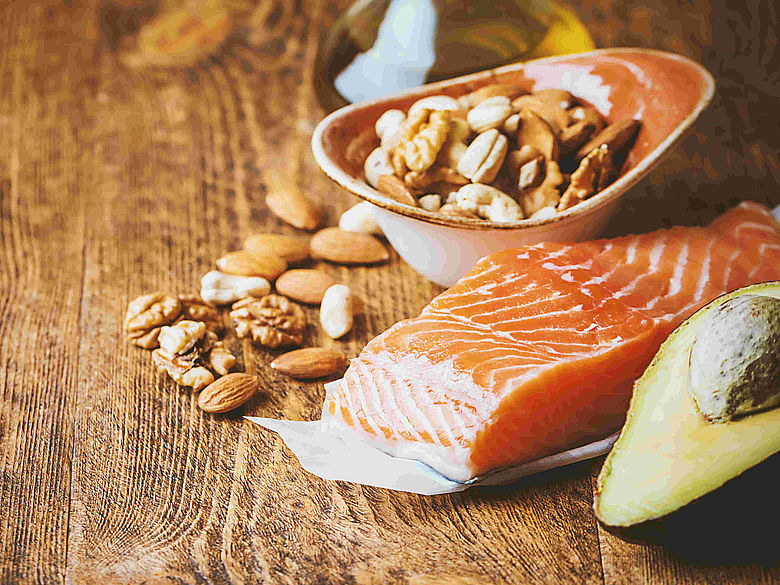In the final part of the three-part series, we will be covering Fats. Fats are an essential macronutrient that comes in several forms. Although Fats have a negative reputation it’s important to recognise that some fats do have benefits. Some fats can help lower blood pressure, lower cholesterol, decrease the chances of developing heart disease, and help increase the process of fat burn while exercising. We just need to be mindful of the type of fat that we consume. Let’s start by understanding the different types of fats: Saturated fats, Unsaturated fats, Trans fats.
Trans Fats
Trans fats are considered the worst of them. These are primarily found in processed foods, mostly cooked with hydrogenated oil. When consumed you increase the risk of disease as per the following:
- Increase LDL (bad cholesterol), decrease HDL (good cholesterol)
- Contribute to insulin resistance
- Cause inflammation
- For every 2% of daily calories consumed from trans fats, the risk of coronary heart disease increases by 23 percent!
Fortunately, many food companies have endeavoured to remove this from their production. It is still important to read food labels to ensure that there are 0g of trans fat in any processed product you purchase.
Saturated Fats
These are fats that are found in animal products including meat and dairy products, as well as tropical fats like coconut, and palm, and are generally hard at room temp. These are less harmful than trans fats, however, should still be consumed in moderation. Although there is an assumption that saturated fats are linked to heart disease, research has NOT shown a significant enough link. Some studies have shown that it may be linked to other health aspects, but industry consensus is that more research needs to be conducted.
One thing to be mindful of is that not all saturated fats are created equal. For example, eating a diet full of saturated fats such fast food, processed meats, sugary baked foods will impact your health differently than consuming other types of saturated fats such as grass-fed meat, coconut, full fat dairy. The former is certainly far more problematic.
There is no question saturated fats can be consumed as part of a healthy diet. Reviews of research have shown that full fat dairy intake has a neutral or protective effect on heart disease risk, while coconut oil intake has been shown to boost HDL (good) cholesterol and may benefit weight loss.
Unsaturated Fats
These are fats that come in the form of essential fatty acids and are generally healthier than saturated fats. Due to its lower absorption rate these fats help with balancing blood sugar levels, manufacturing sex and adrenal hormones, maintaining body temperature, and transporting essential vitamins (A, D, E, K).
There are two categories of unsaturated fats: Polyunsaturated, Monounsaturated.
- Polyunsaturated Fats (Omega 3 FATS): These foods include all Australian Seafoods, Walnuts, Legumes, Linseeds, Soybeans, and Tofu. Lowers risk of heart disease; may reduce risk of type 2 diabetes; may benefit conditions like rheumatoid arthritis. Polyunsaturated Fats (Omega 6 FATS): Found in sunflower oil & seeds, Sesame oil & seeds, spreads labelled as polyunsaturated. Lowers risk of heart disease when substituted for foods high in saturated fats, Improves blood cholesterol
- Monounsaturated Fats: Olive oil, avocado, Canola oil, most nuts. Improves blood cholesterol, lowers risk of heart disease and stroke, reduce inflammation and blood pressure.

